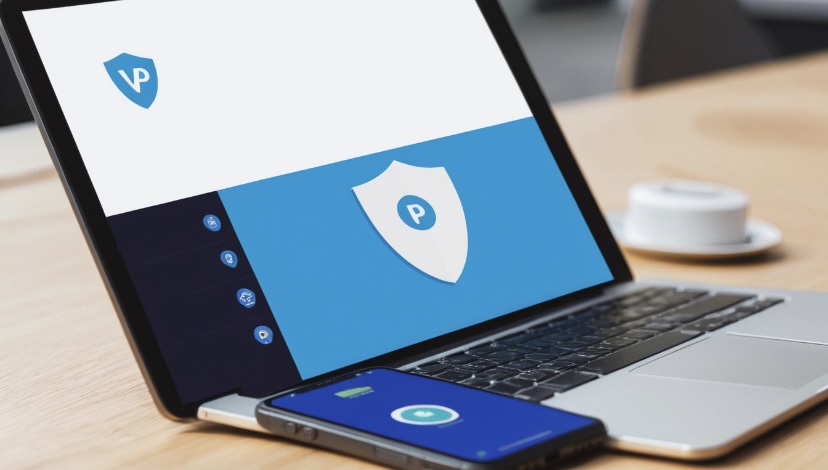Authentication in VPN: Importance and Methods
In today’s world, where data security is of paramount importance, the use of Virtual Private Networks (VPNs) as a tool for maintaining privacy and data security has become increasingly common. One of the key aspects of VPNs that deserves special attention is the authentication process. In this article, we will explore the concept of authentication in VPNs, the various methods of authentication, and its significance.
- What is Authentication in VPN?
VPN authentication is one of the critical steps in establishing a Virtual Private Network connection. This important security process helps ensure that only authorized individuals can access sensitive network resources, such as data and databases. Given the significance of VPNs in cybersecurity, understanding how VPN authentication works can help protect our information. In essence, VPN authentication involves verifying the identities of users and servers before establishing a connection. This process is akin to a security checkpoint that users must pass through to access the network. If a user’s credentials match those stored on the server, they are granted access to the network. The goal of this process is to prevent unauthorized access and ensure network security. This process may include the use of usernames and passwords, digital certificates, or other security methods.
- Importance of Authentication in VPN
1. Data Protection: Proper authentication prevents unauthorized access to data and ensures that only authorized users can view or alter sensitive information.
2. Prevention of Cyber Attacks: By employing robust authentication methods, the risk of cyber-attacks such as Man-in-the-Middle attacks can be mitigated.
3. Privacy Preservation: Strong authentication helps keep users’ online activities private and their identities undisclosed.
4. Regulations and Compliance: Many industries are required to comply with specific regulations regarding data protection. Proper authentication can help meet these compliance standards.
- Types of Authentication Methods in VPN
1. Username and Password: This is the simplest and most common authentication method. Users connect to the network by entering their username and password. However, this method may be easily vulnerable to phishing attacks.
2. Digital Certificates: This method involves using digital certificates to verify the identities of users and devices. Certificates are typically issued by a trusted Certificate Authority (CA) and offer greater security than usernames and passwords.
3. Two-Factor Authentication (2FA): This method includes two steps for identity verification. First, the user enters their username and password, and then they enter a verification code (usually sent to the user’s mobile phone). This method provides enhanced security.
4. IP-Based Authentication: In this method, only devices connecting from a specified IP address are allowed access to the network. While this method can be effective at times, it is not reliable because IP addresses can be spoofed.
5. Biometric Authentication: This involves using biometric features such as fingerprints or facial recognition to verify user identities. This method offers very high security but requires specific equipment.
6. Multi-Factor Authentication (MFA): This method enhances the security of the login process. In this approach, users must provide two or more different types of identification to access the system. These identifications may include passwords, biometric information (such as fingerprints or facial recognition), hardware tokens, or one-time codes. With MFA, even if one factor is compromised, an attacker must still overcome additional barriers to gain access to an account. This significantly reduces the likelihood of unauthorized access to the system.
Conclusion
Authentication in VPN is one of the most important security aspects that deserves special attention. Choosing the appropriate authentication method can have a significant impact on the security of data and the privacy of users. Given the increasing cyber threats, it is recommended to use strong authentication methods such as two-factor authentication and digital certificates. By adopting appropriate measures, organizations and users can protect their data and have a safer experience when using VPNs. Considering the importance of the topic, it is advised to keep your knowledge up to date regarding network security and authentication techniques to prevent new threats.

